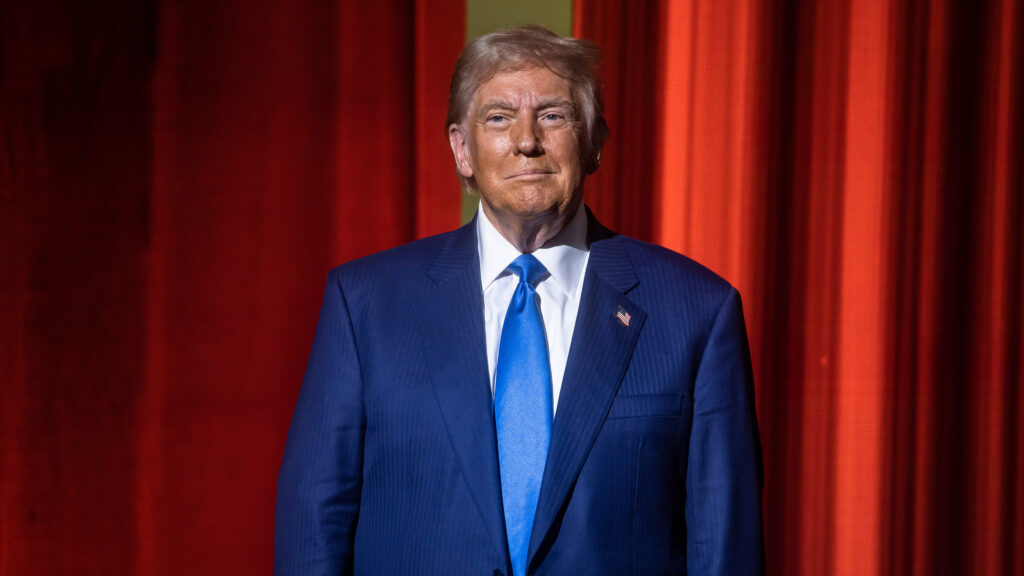In a move reigniting a geopolitical debate, former President Donald Trump has once again expressed his belief that the United States will eventually gain control of Greenland. Speaking to reporters aboard Air Force One on Saturday, Trump emphasized his confidence in acquiring the autonomous Danish territory, describing it as a natural extension of U.S. interests.
“I think we’re going to have it,” Trump remarked, referencing the resource-rich island strategically positioned between North America and Europe. He further claimed that the island’s 57,000 residents “want to be with us,” suggesting that the population might align more closely with American values and governance than with Denmark.
This isn’t the first time Trump has floated the idea of purchasing Greenland. During his presidency in 2019, reports surfaced of his administration’s interest in buying the Arctic island from Denmark, citing its strategic location, untapped natural resources, and potential for economic growth. The proposal was met with widespread skepticism and sharp rebukes from Danish officials, who dismissed the idea as “absurd.”
Danish Prime Minister Mette Frederiksen, in 2019, had called Greenland “not for sale,” firmly rejecting the notion that the territory could be purchased like a commodity. Greenland, while an autonomous territory, remains under Danish sovereignty and receives substantial subsidies from Denmark.

However, Trump’s renewed comments have sparked fresh discussions on the feasibility and geopolitical implications of such a move. Analysts suggest that U.S. interest in Greenland is partly driven by its increasing strategic importance in the Arctic. The melting ice caps are opening new shipping routes, and the region’s abundant natural resources, including rare earth minerals, make it a valuable asset in global geopolitics.
Critics argue that Trump’s assertion oversimplifies the complexity of Greenland’s governance and the sentiments of its indigenous Inuit population. Many Greenlanders have expressed a desire to maintain their autonomy while continuing their economic and political ties with Denmark.
Proponents of U.S. acquisition point to the historical precedent of land purchases, such as the 1867 purchase of Alaska from Russia, as evidence of the long-term strategic benefits.
Trump’s remarks come at a time when Arctic competition is heating up, with nations like China and Russia ramping up their presence in the region. The Biden administration has also shown interest in strengthening U.S. Arctic policy, further underlining Greenland’s strategic significance.
While Trump’s renewed call for acquiring Greenland may reignite debates, it remains to be seen whether such a controversial proposal could ever transition from rhetoric to reality. For now, Denmark and Greenland have shown no indication of entertaining the idea.
The question remains: Could Greenland’s future truly align with Trump’s vision, or is this another chapter in his long history of unconventional political ambitions?
